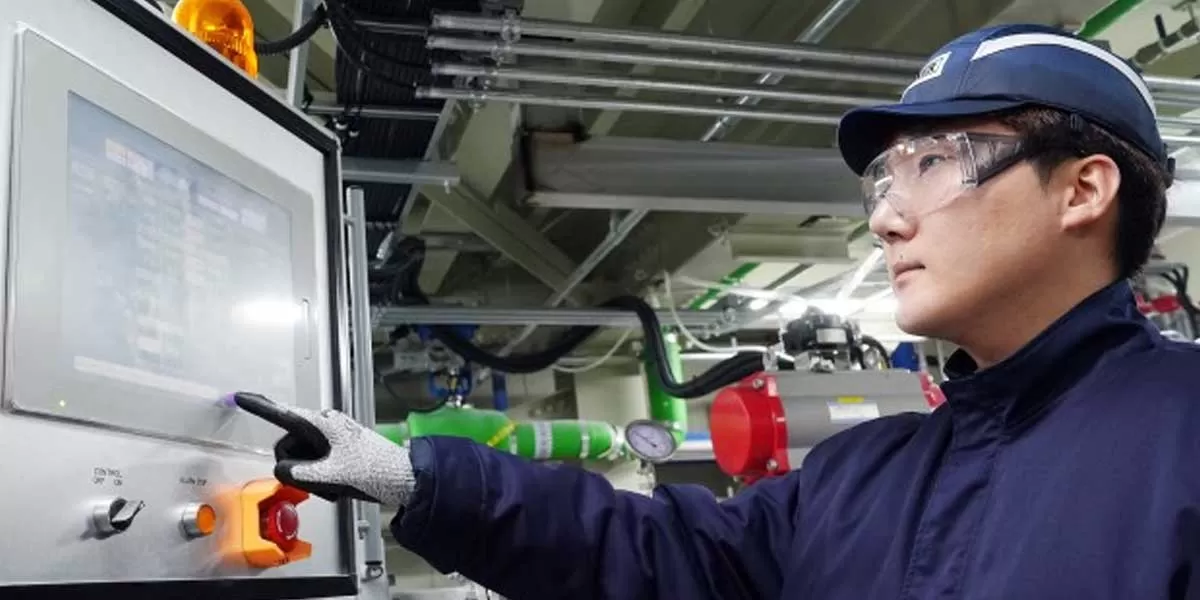
Bullet Train Project Completes First 40m Box Girder for Maharashtra Section

NUVOCO Vistas Sales Volume Grew by 16% YoY for Q3 FY25
Nuvoco Vistas Corp, a leading building materials company in India, announced its unaudited financial results for the quarter ended December 31, 2024. With 25 MMTPA of combined installed capacity, Nuvoco Vistas Corp. Ltd. is the 5th largest cement group in India and amongst the leading cement players in East India. The company is on track to achieve 31 MMTPA cement capacity1 by Q3 FY27 after emerging as the Successful Resolution Applicant for Vadraj Cement (VCL). A Letter of Intent has already been issued. The VCL facility comprises of 3.5 MMTPA clinker unit in Kutch and a 6 MMTPA grinding unit..

WACKER Expands Production Capacity for Specialty Silicones in Asia
Wacker Chemie AG started up two new production facilities for specialty silicones in Japan and South Korea. The expansion strengthens the company’s activities in the Asian growth market. The new plants, located in Tsukuba, Japan and in Jincheon, South Korea, will serve the growing demand from the automotive and construction industries for these products. In total, WACKER has invested an amount in the double digit million Euro range in the capacity expansions. “With the expansion of our production facilities in Japan and South Korea, we are strengthening our position as a market and techno..

Odisha Approves Industrial Projects Worth Rs 327.36 Bn
As the Utkarsh Odisha - Make in Odisha conclave 2025 approaches, scheduled for January 28, the Odisha government has approved several industrial projects worth a total of Rs 327.36 billion. These projects, spanning various sectors, were greenlit during the 39th High-Level Clearance Authority (HLCA) meeting. "The 39th HLCA meeting resulted in approvals for eight transformative industrial projects across key sectors, including Chemicals, Green Energy Equipment, Shipbuilding & Repair, and Steel, with investments totalling Rs 327.36 billion. These investments are expected to create employment for ..














